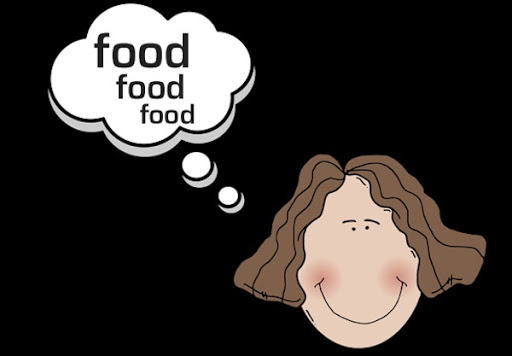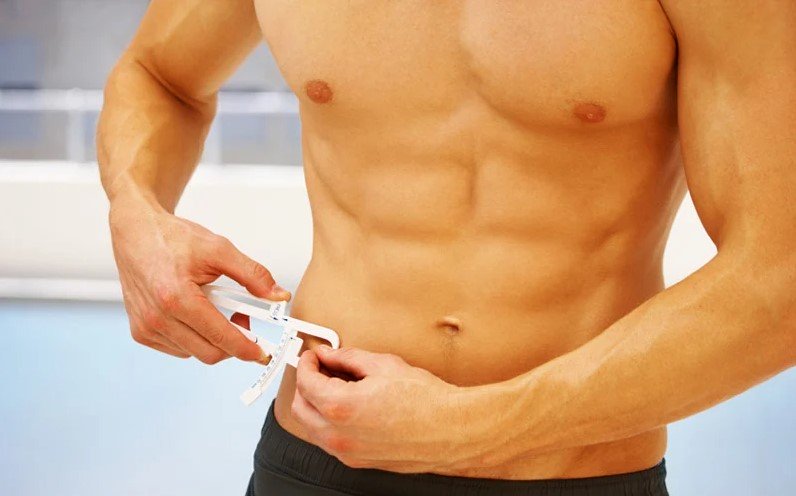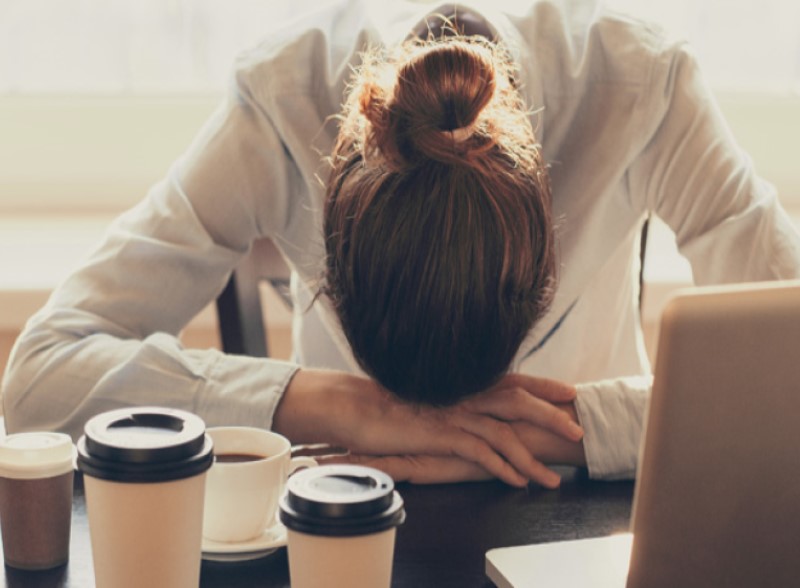Why Exercise makes me more Hungry & What to do

Bitter Orange (Citrus Aurantium) | A fruit promoting slimming?
June 24, 2020
Breakfast – Lunch – Dinner | What Happens Skipping each one of Them
July 6, 2020Is the exercise making you hungry and your appetite running high resulting to attacks on anything in front of you and so lose all the effort dedicated?
Let’s try to find out the reason for this. Certainly, you are not the only person feeling this way and I can assure you can deal with it.
Nearly every person engaged in training has gone through this stage. We start our session feeling excited and full of hope for the results we are going to obtain and all of a sudden, our appetite hits the red.
What’s the reason for it?
Do you have a regular nutrition or let your stomach protest?
Your body needs more food now, as higher energy burnt?
How much more you can eat while exercising?
These and other questions come and go in your mind but unfortunately you have not got a clear answer to WHAT SHOULD and WHAT SHOULD NOT BE DONE.
First, we have to find out what happens in your organism while you are training and your appetite increases so much.
Post-Training Hunger
Feeling hungry after a hard workout is natural. Most people experience this feeling (some even very strongly) returning from the gym.
Whatever the problem and its intensity, the question remains what you should do when your stomach pushes you to attack the fridge?
What’s the best to do to calm your hunger and not waste any gains obtained from training with so much sweat and effort?
For starts, we examine WHAT causes this intense and almost invincible hunger.
Just a while ago you were sitting on a couch and you did not even want to go for a walk, and all of a sudden you decided (very well done) to put your body in a state of demanding & intense mobility.
As expected, your organism feels this experience as a “threat” and asks for more energy (through food) to deal with it.
You are about to understand what exactly is going on.
Your organism realizes that now – and given the new state imposed on it with intense physical exercise – needs a much larger amount of energy (and therefore food) to boost its muscle performance.
What I Do If I Want to Lose Weight
If your goal is to lose body fat and manage your body weight, then sound as reasonable to feel guilty every time you rush to the fridge after a training session.
So what is the experts’ suggestion on the matter?
To refuse your organism a meal after training, leaving it hungry, or calm your hunger and “empty” the fridge?
Obviously, no extreme solution is the ideal way to deal with your hunger.
Due to the increased organism’s needs when exercising, it is perfectly understandable to eat more than before.
Don’t feel guilty and punish yourself for doing the obvious trying to survive.
However, this does not mean that you should completely let your appetite dictate consuming whatever is unhealthy & high in calories.
WHAT and HOW much you eat depend on many parameters. Your physical condition, gender, height, age and the type of training followed.
For example, an endurance athlete (such as a marathon runner) definitely needs more energy (and therefore more food) than an athlete who implements a 45-minute mild training program.
Is everything understood so far?
So, build your nutritional program based on your training program and the requirements of your own organism.
This means, you do not let your organism starve after training and at the same time, you do not allow abuses.
A meal or snack after a workout will help the muscles recover and the organism to recover energy.
In case of a fast following a hard training session – aiming at losing even more weight – you are doing more damage to your organism than good, being a sort of sabotage against all effort given in training.
Muscles have nothing to consume and gains are limited. The organism’s metabolic rate is under a shock. You feel weak & tired.
In fact, it is very likely that instead of losing weight, an increase is more likely to happen.
Leaving your organism “hungry” makes no sense and doesn’t work.
Surely, the time of the day selected for your training plays a role in WHAT and HOW MUCH you eat as well. It is completely different if we are talking about a morning workout than a workout late at night.
However, – in either case – do not leave your organism hungry after a workout.
Therefore, if you are a type of performing a morning workout, you can go for your workout and within half an hour to go back to eat a healthy breakfast to fill you with energy and nourish your muscles.
On the other hand, if you are the type who prefers night workouts, you can go back to eating your dinner meal (again about 30 minutes after the end of the workout).
Certainly, in this case you should calculate about 2-3 hours before going to bed to complete the digestive process.
Tips to beat the Post-TrHunger in the right way
WATER
Drink plenty of water. Your body – especially after intense exercise – needs hydration. Many people make the tragic mistake of not drinking enough water after exercise, affecting their entire body at a later stage.
In fact, – it’s been shown – that when the body is dehydrated the feeling of hunger is more intense and invincible. Many people tend to confuse the feeling of thirst with that of hunger, leading themselves to meaningless calorie consumption (overeating).
HIGH NUTRITIONAL VALUE FOOD
Don’t just focus on the caloric value of the food consumed. This logic is not suitable for your health and the proper organism’s functioning.
Pay more attention to WHAT consumed. Select foods of high nutritional value, with vitamins and beneficial nutrients.
Introducing yourself to a good diet will help you increase your training performance, gradually overcome your bad eating habits, increase your endurance and strengthen your health.
FEEL YOUR BODY
Your body “talks” to you, informing you when it’s hungry, or full, even when you’ve overdone it with the food consumption.
As long as you learn to listen to it
You need time. Eat your meals slowly, so you realize when you are full and avoid overeating that will delay the achievement of your goal.
REST
Emphasize good rest and quality night’s sleep. A distressed and tired organism that is more likely to overeating in an effort to increase its energy.
Make a sleep plan and follow it. Don’t spend the night for no reason. Good sleep is something to get used to it.
Train yourself to follow a proper program and you will see significant differences in your health, in athletic performance, even in your mood.
PROGRAM IN NUTRITION
Don’t leave your meals to chance. Make a plan for your daily meals and follow it faithfully. This will help you to avoid dietary excesses but also to control that you supply yourself with all the nutritional nutrients it needs (and at the right time of day)!
MUSCLE RECOVERY MEAL
Especially the meal consumed after training (as already outlined about 30 to 60 minutes after end of session) should include both protein and carbohydrates to help you fill the energy gap.
The ratios of carbohydrates and proteins included in your meal also depend on many factors (and this is why a nutritionist is very helpful in this case).
The type of exercise you follow – among other important factors – is one of the reasons that will determine the structure of your meal after a workout.
Your body has different needs after a HIIT workout, than after a LIIT workout.
PRE-TRAINING MEAL
As important the meal consumed after training, so is the meal selected BEFORE, playing definitely a catalytic role in how hungry you feel after the exercise.
Therefore, it is very important to eat a snack before your workout (yes, even if you choose to go for a morning run and knowing you’ll have your breakfast after exercise).
Many bodybuilders choose a banana with a little peanut butter as their energy snack. It’s a snack offering significant amounts of energy without charging the stomach during training.
Take a note that like the post-workout, the pre-workout meal should be consumed about 30 to 60 minutes before the workout. It is also important that the meal before training is not excessive or heavy so as not to “sabotage” your training.
Another ideal choice is boiled eggs combined with a fruit.








